WHY ECI
Incentives
EAST CENTRAL INDIANA INCENTIVES & GRANTS
State
Economic Development for a Growing Economy (EDGE)
The Economic Development for a Growing Economy (EDGE) Tax Credit provides a refundable tax credit to businesses that create new jobs that improve the standard of living for Indiana residents. The credit certification is phased in annually for up to 10 years based upon the employment ramp up outlined by the business.
Hoosier Business Investment Tax Credit (HBITC)
The Hoosier Business Investment (HBI) Tax Credit is the IEDC’s primary capital investment tool. The HBI tax credit provides an incentive to businesses to support job creation and capital investment that improves the standard of living for Indiana residents. The nonrefundable income tax credits area calculated as a percentage of the eligible capital investment to support the project. The credit may be certified annually based on the phase-in of eligible capital investment.
The Skills Enhancement Fund (SEF) provides assistance to companies to support training of employees required to support business growth in Indiana. The grant may be provided to reimburse a portion (typically 50%) of eligible training costs over a period of two full calendar years from the commencement of the project. Grants from the SEF may only support training that leads to a post-secondary or nationally recognized industry credential or is specialized company training. If the training is provided to an existing employee, the company must also provide an increase in wages.
Industrial Development Grant Fund (IDGF)
The Industrial Development Grant Fund (IDGF) provides assistance to municipalities and other eligible entities with off-site infrastructure improvements needed to serve the proposed project site. Upon review and approval of the local recipient’s application, project specific milestones are established for completing the improvements. IDGF will reimburse a portion of the actual total cost of the infrastructure improvements. The assistance will be paid as each milestone is achieved, with final payment upon completion of the last milestone of the infrastructure project.
Headquarters Relocation Tax Credit (HRTC)
The Headquarters Relocation Tax Credit provides a nonrefundable tax credit to a business that relocates its headquarters to Indiana. The credit is assessed against the corporation’s state tax liability.
The Redevelopment Tax Credit (RTC) provides an incentive for investment in the redevelopment of vacant land and buildings as well as brownfields. This credit, established by Indiana Code § 6-3.1-34, provides companies and developers an assignable income tax credit for investing in the redevelopment of communities, improving quality of place and building capacity at the local level.
The state of Indiana offers two tax incentives encouraging investments in research and development. Taxpayers may receive a credit against their Indiana state income tax liability calculated as a percentage of qualified research expenses. In addition, taxpayers may be refunded sales tax paid on purchases of qualified research and development equipment. The Indiana Department of Revenue oversees these incentive programs.
Venture Capital Investment Tax Credit
The Venture Capital Investment (VCI) Tax Credit program provides a nonrefundable tax credit to individual and corporate investors who provide qualified debt or equity capital to Indiana companies, improving access to capital for fast growing Indiana companies. A VCI tax credit certified for an investment made after July 1, 2020 may be assigned to another taxpayer. To be eligible for the tax credit, an investor must submit an application to the IEDC that outlines capital investment plans prior to making an investment.
Local
Tax Abatement
Tax abatements are available for manufacturing, logistics and information technology equipment and for improvements to real estate. The term and percentage of the abatement is tied to capital investment, wages, and jobs.
Tax Increment Financing
The tax increment finance (TIF) mechanism in Indiana permits a town, city or county, through a local redevelopment commission, to designate targeted areas for redevelopment or economic development. Those areas can then be designated as “allocation areas” which triggers the TIF process. After such a designation is made, property taxes in the area rather than going to the normal taxing units can be set aside and invested back in the area to promote development. These property tax revenues can be leveraged by the issuance of TIF bonds, the proceeds of which also can be used to promote development in the area. Most TIF districts collect TIF only on real property. However, a Redevelopment Commission may designate taxpayers owning property within the TIF allocation as “designated taxpayers” for purposes of capturing TIF revenues on depreciable personal property.
The Certified Technology Park program was created as a tool to support the attraction and growth of high-technology businesses. Designation as a Certified Tech Park allows for the local recapture of certain state and local tax revenue which can be invested in the development of the park.
The Community Revitalization Enhancement District (CReED) Tax Credit provides an incentive for investment in community revitalization enhancement districts. The credit is available to taxpayers that make qualified investments for the redevelopment or rehabilitation of property located within a revitalization district. Only those projects that the Indiana Economic Development Corporation expects to have a positive return on investment will be considered.
General Purpose Grants
General purpose grants are offered to qualifying companies and can be used for any purpose related to the company’s investment and job creation including the purchase or lease of land or buildings, construction, utility connections, employee relocation, employee training and the purchase, transportation and installation of equipment. Specific grant requirements vary by community.
